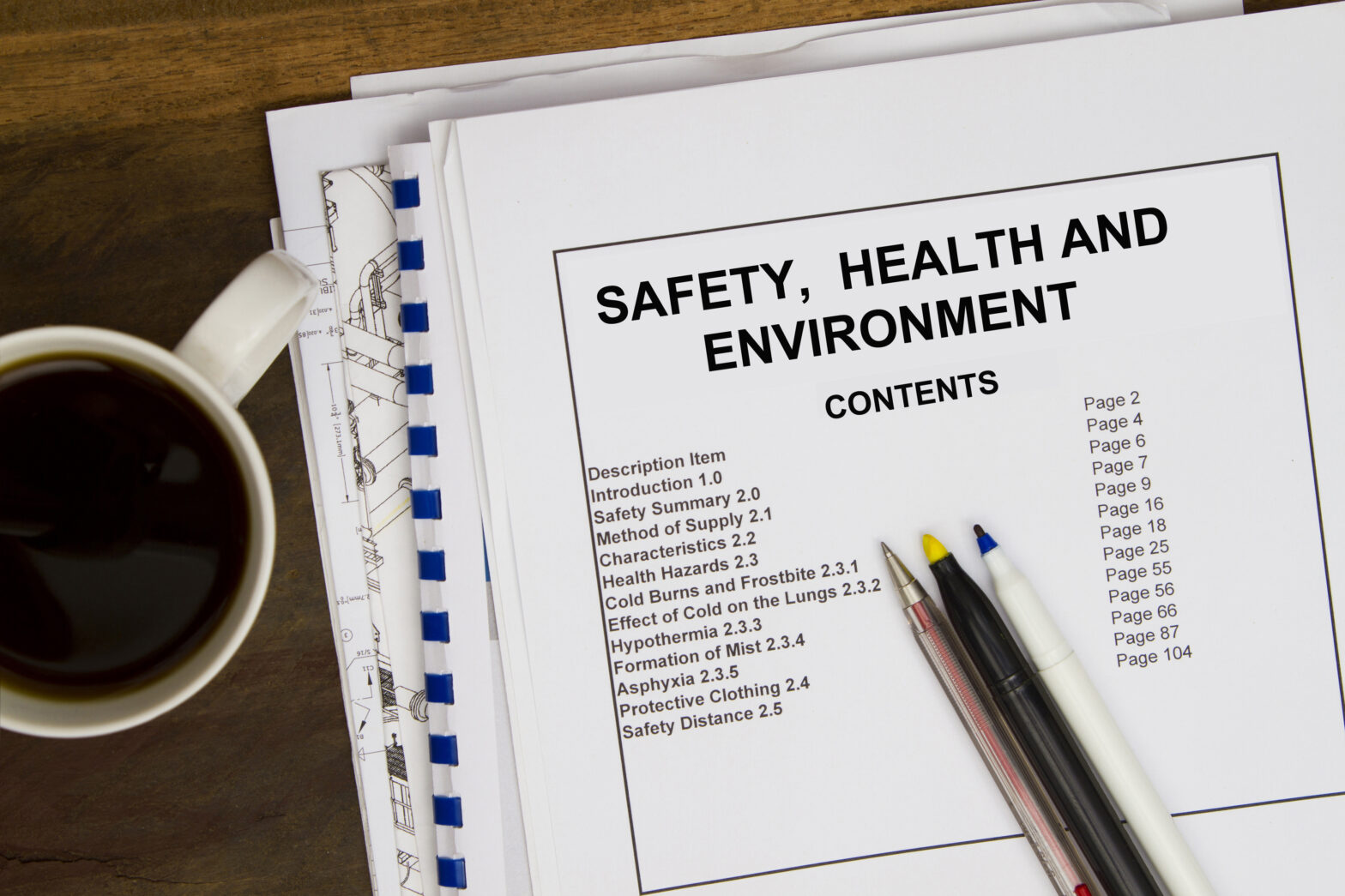The European Agency for Safety and Health at Work (EU-OSHA) has published a new research report on the business case for safety and health at work.
The report notes that small and medium-sized enterprises (SMEs) need to use their resources wisely, and for such companies, economic arguments for improving occupational safety and health are crucial.
The publication also points out that SMEs are the backbone of Europe’s economy in that they are responsible for 67 per cent of employment in the EU. However, these workers are disproportionately likely to suffer as a result of poor occupational safety and health: 82 per cent of occupational injuries and 90 per cent of workplace fatalities happen in SME businesses.
‘The Business Case for Safety and Health’ looks at the existing literature on cost–benefit evaluations of occupational safety and health and then presents 13 new case studies on interventions in SMEs.
In each case study, a business case is put together for the interventions, examining all the costs and benefits directly attributable to the changes made. This allows the interventions to be assessed from a purely financial point of view. The report concludes that 11 of the 13 interventions studies chosen for evaluation were profitable by the end of the five-year period.
Overall, the report concludes that good occupational safety and health can have major financial benefits. The report also provides a useful tool to allow owners and managers of SMEs an insight into the potential benefits of improving health and safety, as well as the key factors involved in carrying out a cost–benefit analysis.
Related: Health and safety checklist for small businesses
How can I ‘sell’ safety and health to the business?
One of the most common misperceptions about health and safety is that it is an expensive burden; people understand that it is important and understand its significance if it goes wrong, but often view it as a necessary evil. However it is important that people with health and safety responsibilities are able to persuade colleagues to overcome negative perceptions of health and safety fuelled by the media. They should be helped to understand that managing health and safety is not just about preventing injuries and ill health — it is a core component of a successful business.
Implementing sensible risk management measures can lead to improved process efficiency, better reputation with customers, cost savings through avoiding ill health and accidents and better morale among the workforce.
It is important to keep risk management measures proportionate – in a general low-risk environment such as an office then only a light touch is needed. In workplaces where more hazardous activities are carried out then risk management needs must be more comprehensive in order to deal with the higher risks.
Typical barriers to a safety and health business case will include cost, increased workload and ‘we’ve always done it this way’. These barriers need to be countered by getting across to the management team the cost benefits of the business case, any hidden costs that can be overcome, efficiency savings and why the current method is not sufficient.
Change can be daunting for anyone, no matter how high or low their position in the company — and if not involved and consulted in the process, most people will defer to their previous ways, consigning a carefully planned project to the rubbish bin.





